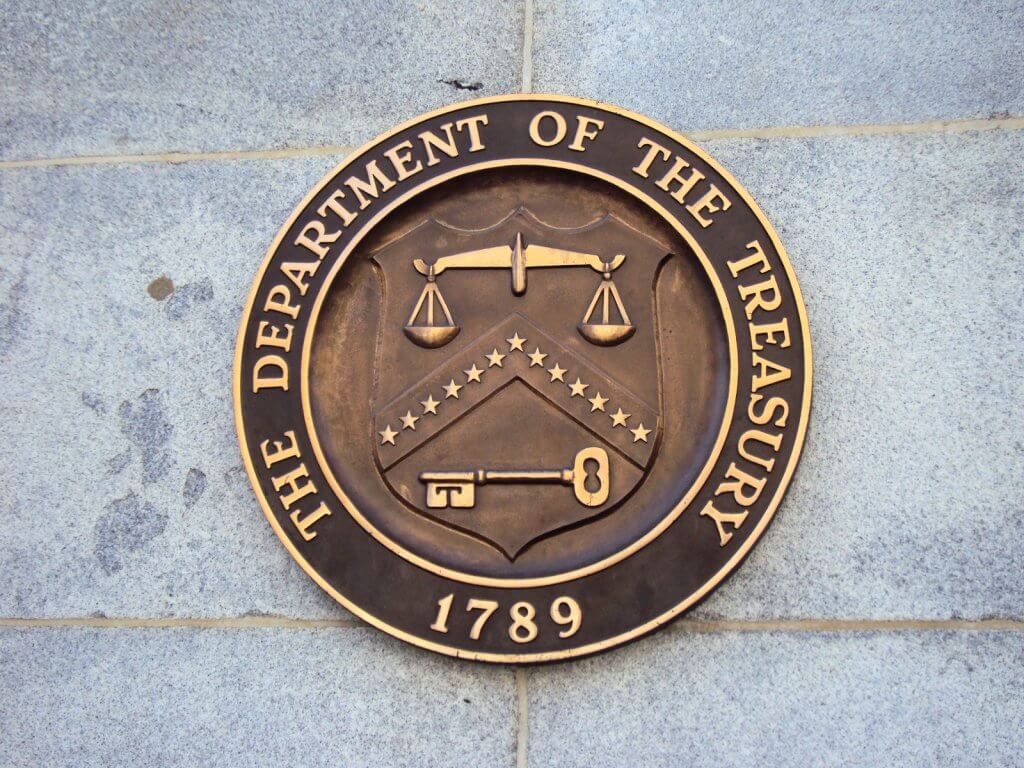FinCEN Tightens Its Noose Around Precious Metal Traders Using The Block Chain

 As financial service firms expand their use of the bitcoin block chain for trading and business activity, the Financial Crimes Enforcement Network (FinCEN) isn’t missing a beat.
As financial service firms expand their use of the bitcoin block chain for trading and business activity, the Financial Crimes Enforcement Network (FinCEN) isn’t missing a beat.
FinCEN, an enforcement arm of the U.S. Department of Treasury, has ruled that companies using the bitcoin block chain to transfer precious metals are considered money transmitters and therefore subject to anti-money laundering restrictions.
The ruling came in response to a letter from an unnamed company seeking clarification on this point.
FinCEN posted the ruling on its website to serve as guidance to financial institutions.
Firm Requests Clarification
The ruling came in response to a company’s request for clarification about whether its operations and transaction services make it a money transmitter as defined under the Bank Secrecy Act (BSA). FinCEN found that the company would be a money transmitter and a dealer in precious metals, precious stones, or jewels pursuant to FinCEN regulations.
FinCEN said the company derives its income from charging a transaction fee on transfers of digital certificates by customers and a custody fee for precious metals held in custody.
The company holds precious metals in custody for buyers and opens a digital wallet for the customer. It then issues a digital proof of custody that can be linked to the customer’s wallet on the bitcoin block chain ledger. The customer then can trade or exchange its precious metals holdings by any means it could trade or exchange bitcoin via the block chain ledger.
Companies Must Comply With Anti-Money Laundering
“FinCEN finds that, as the Company is going beyond the activities of a broker or dealer in commodities and is acting as a convertible virtual currency administrator (with the freely transferable digital certificates being the commodity-backed virtual currency), the Company falls under the definition of money transmitter,” the ruling states.
When acting as a money transmitter or a dealer in precious metals, precious stones, or jewels, the company must assess the money laundering risk involved and implement an anti-money laundering program.
The company must also comply with the recordkeeping, reporting, and transaction monitoring requirements under FinCEN regulations. These requirements include filing reports relating to currency in excess of $10,000 received in a trade or business whenever applicable, general recordkeeping maintenance, and recordkeeping related to the sale of negotiable instruments.
On March 18, 2013, FinCEN issued guidance on its regulations to transactions in virtual currencies.
FinCEN Tightens Its Noose
Forexminute.com, a financial news portal, reported that the ruling demonstrates that the agency is tightening the noose on businesses using block chain to transfer precious metals.
“From the observation it appears crystal clear that it is not for the first time that such a decision has been taken by the FinCEN as earlier in July 2011, it had said that other value that substitutes for currency to its definition of money services businesses in preparation to adapt the respective rule to virtual currencies,” forexminute.com noted.
Images from Shutterstock and Wikipedia.